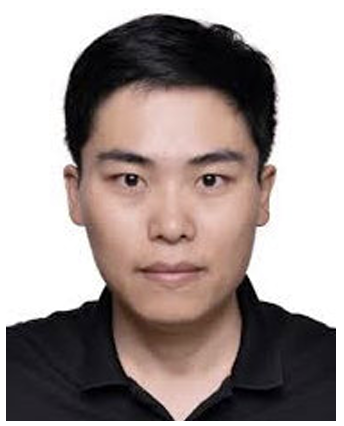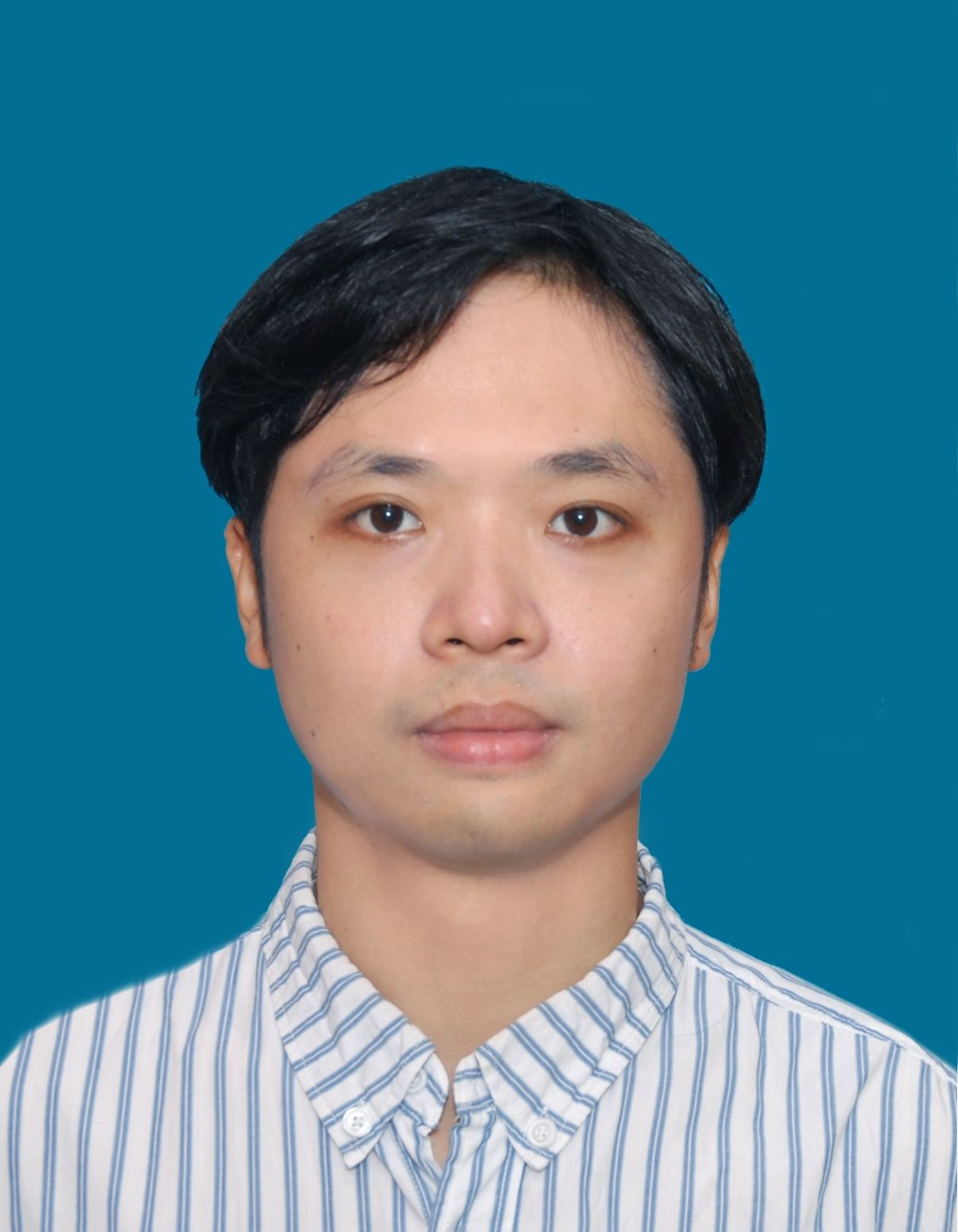Special Session 3 Title: Autonomous Ship Technology
Short description
of the proposed topic:
With the digitalization, intelligence and green development of the shipping industry, autonomous ship technology has become one of the hottest issues. Autonomous ship technology involves the use of artificial intelligence, advanced sensors (e.g., LiDAR, radar, cameras), and control system to enable vessels to navigate, avoid obstacles, and perform other maritime tasks with minimal or no human intervention. These ships rely on real-time situation awareness, decision making and automated control to conduct autonomous navigation, enhance fuel efficiency, and ensure safety. Remote monitoring and control centers may oversee operations. Benefits include reduced human error, lower labor costs, and improved environmental performance.
Novelty and motivation:
The session uniquely addresses the integrating of artificial intelligence, autonomous robot and ship operation in promoting the transformation and upgrading of the shipping industry. Unlike conventional maritime topics, it explores how autonomy reshapes navigation safety, operation efficiency, and environmental impact through pilot projects, e.g., remote control ships, autonomous escort tugboat, zero-emission cargo vessels. The urgency stems from climate goals and labor shortages, demanding immediate cross-sector collaboration of emerging technology and marine science. This Special Session aims to present original research and novel applications in the scope of autonomous ship technology and their affiliated equipment. Submissions dealing with the following topics are especially welcomed but not limited to:
◆Guidance,
navigation and control
of ships;
◆Path
planning and collision
avoidance of ships;
◆Cooperative
control of marine
vehicles;
◆Multi-modal
sensor fusion of marine
systems;
◆Human-machine
interaction in
autonomous marine
operations;
◆Situational
awareness for autonomous
marine operations;
Short Biography of Organizers:
 Dr. Wen Liu is a Professor with the School of Navigation, Wuhan University of Technology. He was the recipient of the Excellent Youth Science Fund of National Science Foundation of China, Outstanding Youth Science Fund of Hubei Natural Science Foundation. He received the B.Sc. degree (Hons.) in information and computing science from the Department of Mathematics, Wuhan University of Technology, Wuhan, China, in 2009, and the Ph.D. degree in imaging informatics from the Chinese University of Hong Kong in 2015. He was a Visiting Scholar with the Agency for Science, Technology and Research, Singapore. His research interests include machine learning, multi-source data fusion, and intelligent transportation systems. He has published more than 100 academic papers and authorized more than 20 invention patents. He also served as deputy editor-in-chief of 5 SCI journals including IET ITS and IEEE OJVT. He won the first/second prize of the Science and Technology Award of China Water Transport Construction Industry Association, the second prize of the Science and Technology Progress Award of China Navigation Society, the second prize of the Science and Technology Progress Award of Hubei Province, etc.
Dr. Wen Liu is a Professor with the School of Navigation, Wuhan University of Technology. He was the recipient of the Excellent Youth Science Fund of National Science Foundation of China, Outstanding Youth Science Fund of Hubei Natural Science Foundation. He received the B.Sc. degree (Hons.) in information and computing science from the Department of Mathematics, Wuhan University of Technology, Wuhan, China, in 2009, and the Ph.D. degree in imaging informatics from the Chinese University of Hong Kong in 2015. He was a Visiting Scholar with the Agency for Science, Technology and Research, Singapore. His research interests include machine learning, multi-source data fusion, and intelligent transportation systems. He has published more than 100 academic papers and authorized more than 20 invention patents. He also served as deputy editor-in-chief of 5 SCI journals including IET ITS and IEEE OJVT. He won the first/second prize of the Science and Technology Award of China Water Transport Construction Industry Association, the second prize of the Science and Technology Progress Award of China Navigation Society, the second prize of the Science and Technology Progress Award of Hubei Province, etc.
 Dr. Lei Qiao is an Associate Professor with the School of Ocean and Civil Engineering, Shanghai Jiao Tong University as well as the Key Laboratory of Marine Intelligent Equipment and System, Ministry of Education. He received the B.S. degree in automation and the M.Eng. degree in control engineering from the College of Automation, Harbin Engineering University, in 2012 and 2014, respectively, and the Ph.D. degree in control science and engineering from the Department of Automation, Shanghai Jiao Tong University, in 2020. From 2017 to 2018, he worked as a Visiting Research Scholar at the Department of Electrical and Computer Engineering, Ohio State University, USA. His primary research focuses on marine intelligent robotics and unmanned systems. He has published more than 50 high-level papers, including 5 ESI hot and highly cited papers, and has been cited more than 2,200 times by Google Scholar. He won the 2019 Premium Award for Best Paper in IET Control Theory and Applications as the first author, and won the Young Scientist Award of 2022 International Conference on Automation, Control, and Robotics Engineering. He was named in Stanford University List of Top 2% Scientists Worldwide in 2023.
Dr. Lei Qiao is an Associate Professor with the School of Ocean and Civil Engineering, Shanghai Jiao Tong University as well as the Key Laboratory of Marine Intelligent Equipment and System, Ministry of Education. He received the B.S. degree in automation and the M.Eng. degree in control engineering from the College of Automation, Harbin Engineering University, in 2012 and 2014, respectively, and the Ph.D. degree in control science and engineering from the Department of Automation, Shanghai Jiao Tong University, in 2020. From 2017 to 2018, he worked as a Visiting Research Scholar at the Department of Electrical and Computer Engineering, Ohio State University, USA. His primary research focuses on marine intelligent robotics and unmanned systems. He has published more than 50 high-level papers, including 5 ESI hot and highly cited papers, and has been cited more than 2,200 times by Google Scholar. He won the 2019 Premium Award for Best Paper in IET Control Theory and Applications as the first author, and won the Young Scientist Award of 2022 International Conference on Automation, Control, and Robotics Engineering. He was named in Stanford University List of Top 2% Scientists Worldwide in 2023.
 Dr. Chenfeng Huang is a lecturer with the Navigation College, Dalian Maritime University. He received the B.S. degree in Nautical Technology in 2015, and received the M.Eng. degree and Ph.D degree in traffic information engineering and control from Dalian Maritime University in 2018 and 2022. He was a Visiting Scholar with the Centre for Marine Technology and Ocean Engineering (CENTEC), University of Lisbon Portugal. His research interests include cooperative control of ships, dynamic positioning control of ships, and robust control of ship-towing system. He has published more than 30 academic papers.
Dr. Chenfeng Huang is a lecturer with the Navigation College, Dalian Maritime University. He received the B.S. degree in Nautical Technology in 2015, and received the M.Eng. degree and Ph.D degree in traffic information engineering and control from Dalian Maritime University in 2018 and 2022. He was a Visiting Scholar with the Centre for Marine Technology and Ocean Engineering (CENTEC), University of Lisbon Portugal. His research interests include cooperative control of ships, dynamic positioning control of ships, and robust control of ship-towing system. He has published more than 30 academic papers.
Submission channel: https://confsys.iconf.org/submission/iccoe2025 (please choose the correct special session title when you submit)
Submission deadline: July 05, 2025
Conference email: iccoe@ieet.ac.cn (when you meet any question during submission)